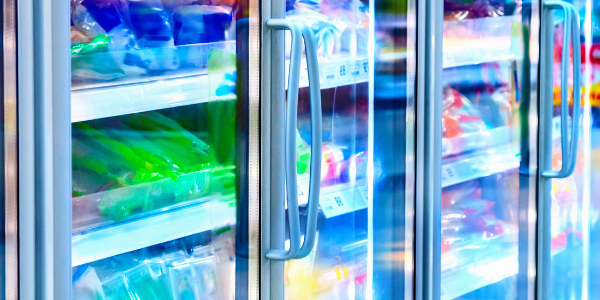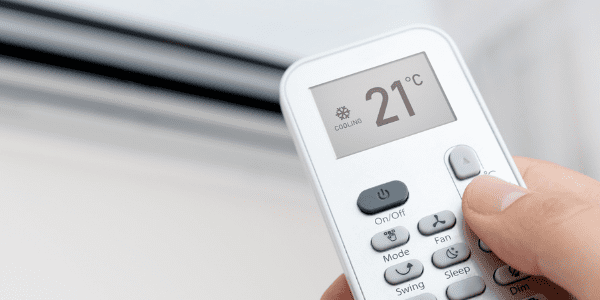
What is it?
Energy recovery ventilators (ERVs), which recover heat from exhaust air, are common in commercial HVAC systems but have typically not been included on kitchen exhaust systems because grease build-up hinders their effectiveness. However, new generations of ventilation equipment are overcoming this obstacle to allow exhaust air to be used to pre-heat domestic hot water.
How does it work?
One approach to heat recovery for kitchen hood systems has been to use systems similar to traditional ERVs and either clean the exhaust air sufficiently upstream or provide wash-down to maintain effectiveness. These approaches have had limited success. A newer approach is to incorporate heat recovery into the washable filters within the exhaust hood itself. Since traditional baffle filters are already washed routinely, this washing requires no extra maintenance and helps maintain heat transfer efficiency.
What are the most appropriate applications?
The best applications for heat recovery hood filters are large commercial kitchens with long hours of operation, and continuous demand for domestic hot water. The heat recovery system requires low water temperatures (55º F) to function as intended. Pre-heating domestic hot water will result in year-round energy savings.
What are the savings?
A typical system will recover around 45,000 BTU/hr. For a kitchen operating 12 hours per day, this will save up to 2,500 therms, or about $1,700 per year.
What are the non-energy benefits?
One advantage of the heat recovery hood filters is that, by cooling the exhaust, they greatly improve grease removal efficiency. This reduces the amount of hazardous grease accumulation in ductwork, resulting in reduced fire risk and lower cleaning costs. Heat recovery also represents one path of compliance with ASHRAE Standard 90.1-2010, which is required for all hood systems over 5,000 CFM and is part of many state energy codes.
What is the cost?
Costs will depend on the size of the hood system and ease of connection to the domestic hot water system.
What is the status/availability of the technology?
This technology is readily available through multiple vendors.
What kinds of incentives/programs are available?
This technology would typically be evaluated under Custom Rebate programs.





